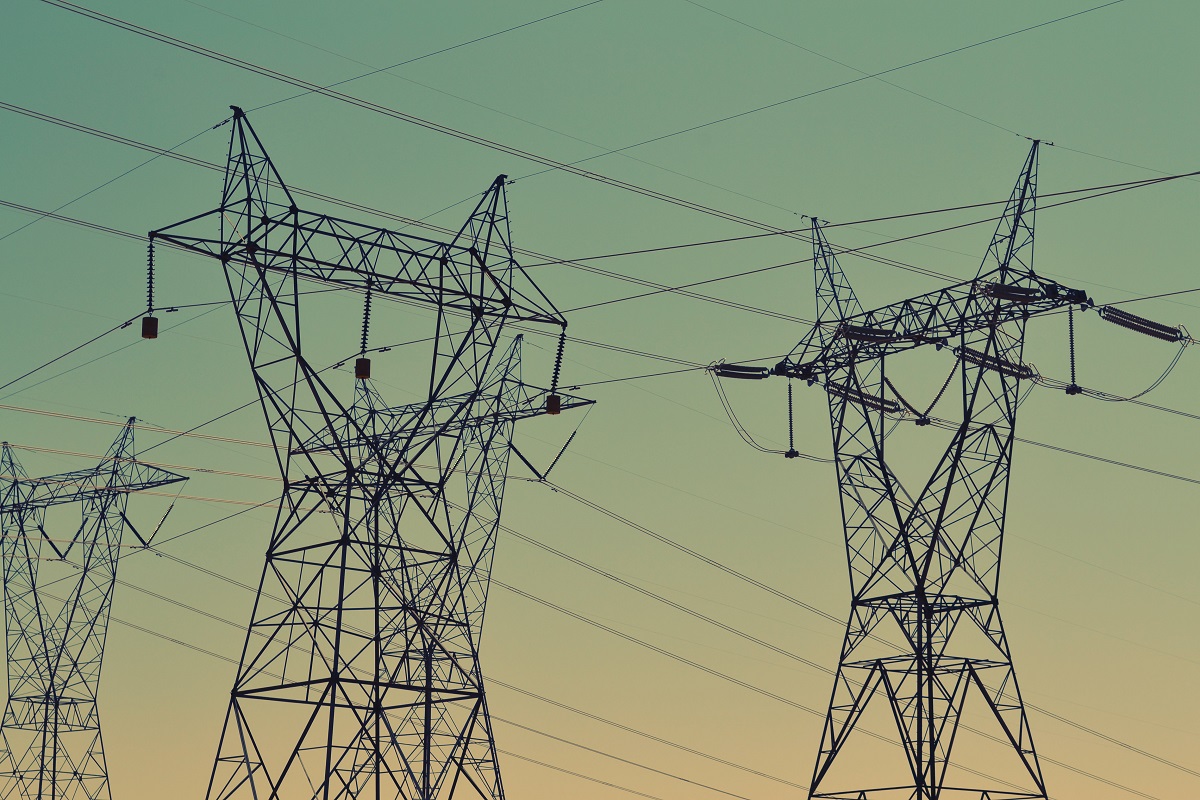According to a survey, a flood of renewable energy has helped drive down household power bills to their lowest levels in over a decade, implying that Australia has some of the cheapest electricity in the world.
According to new research by the Australian Energy Council (AEC), which represents major power suppliers, average home power bills have fallen over the last three years as a slew of improvements have pushed down rates.
Using statistics from the competition watchdog, the AEC estimated that an average household bill in 2020-21 would be $1434, which is 8% — or $128 — less than in 2018-19.
According to the council, Australian families paid the tenth-lowest cost among the world’s advanced countries for per unit of electricity used.
It said that when adjusted for purchasing power parity, Australian prices were US17.6 ¢ per kilowatt hour (kWh), a method that attempts to equalize the cost of equivalent items.
When the council last conducted an international comparison in 2014, Australian costs were US20.5 ¢ kW/h.
In contrast, the AEC observed that the average price among members of the Organization for Economic Cooperation and Development (OECD) was US24.2 ¢ /kWh, with Germany charging as much as US40.9 ¢ /kWh.
While deflation in the energy business was pinching power suppliers’ profitability, the AEC recognized that it was providing major advantages to consumers.
The rush of low-cost renewable energy entering the grid, which the council said was driving down wholesale power rates, was at the core of the trend.
Furthermore, it said that coal and gas fuel prices were often cheaper, as were poles and wires charges, which normally account for up to half of a bill.
Despite general decreases, the AEC said that pricing pressures were developing, notably in the expense of fulfilling and implementing government reforms and environmental standards.
It used the ACT’s renewable energy goal as an example, stating that its expenses had risen by 133% to $153 million and, when combined with other policies, would add hundreds of dollars to the typical home bill.
According to the council, Germany, the Czech Republic, and Poland have the highest electricity costs in the world.
However, it said that, although Germany’s high prices were due to an “ambitious decarbonisation aim” supported by high taxes, the Czech Republic and Poland’s excessive dependence on coal-fired electricity was to blame for their low ranks.

